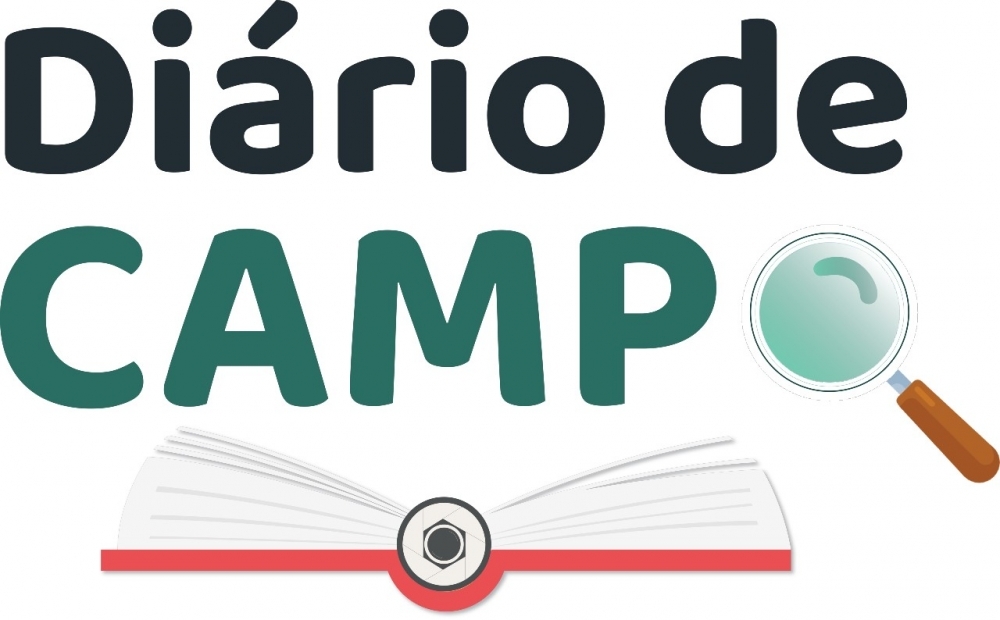

The special series “Field Diary” (“Diário de Campo”) features University of São Paulo scientists Marcelo Urbano Ferreira and Marly Augusto Cardoso on an expedition to Mâncio Lima, a small town in the Amazon where they collect samples from patients to investigate transmission of the novel coronavirus (image: Agência FAPESP)
The special series “Field Diary” (“Diário de Campo”) features University of São Paulo scientists Marcelo Urbano Ferreira and Marly Augusto Cardoso on an expedition to Mâncio Lima, a small town in the Amazon where they collect samples from patients to investigate transmission of the novel coronavirus.
The special series “Field Diary” (“Diário de Campo”) features University of São Paulo scientists Marcelo Urbano Ferreira and Marly Augusto Cardoso on an expedition to Mâncio Lima, a small town in the Amazon where they collect samples from patients to investigate transmission of the novel coronavirus.

The special series “Field Diary” (“Diário de Campo”) features University of São Paulo scientists Marcelo Urbano Ferreira and Marly Augusto Cardoso on an expedition to Mâncio Lima, a small town in the Amazon where they collect samples from patients to investigate transmission of the novel coronavirus (image: Agência FAPESP)
Agência FAPESP – The video series “Juruá Valley Field Diary”, produced by Agência FAPESP, describes in five episodes a ten-day expedition undertaken in early August by Marcelo Urbano Ferreira and Marly Augusto Cardoso, researchers at the University of São Paulo (USP) in Brazil, to Mâncio Lima, a small town in the state of Acre near the border with Peru. Ferreira and Cardoso recorded the videos to document their daily research activities, and the material was edited by the team at Agência FAPESP.
Staff at the local health center helped the researchers apply rapid COVID-19 diagnostic tests. The scientists took samples from patients for sequencing after their return to São Paulo, and also wrote short accounts of their research experience.
The fieldwork was part of a project supported by FAPESP. Its aims were to investigate the dynamics of transmission of the disease in this small Amazon town, measure its incidence and estimate the duration of antibodies to the disease in the local population. Among the questions the researchers want to answer is the origin of the viral lineage that has spread in the region.
The five episodes of the series are available at: covid19.fapesp.br/videos. You can watch episodes 4 and 5 here, with English subtitles. They describe the research conducted by the scientists since 2003 on the prevalence of malaria in the local population and their return for epidemiological analysis and studies of the dynamics of COVID-19 in the region, where the outbreak was particularly severe.
Republish
The Agency FAPESP licenses news via Creative Commons (CC-BY-NC-ND) so that they can be republished free of charge and in a simple way by other digital or printed vehicles. Agência FAPESP must be credited as the source of the content being republished and the name of the reporter (if any) must be attributed. Using the HMTL button below allows compliance with these rules, detailed in Digital Republishing Policy FAPESP.





